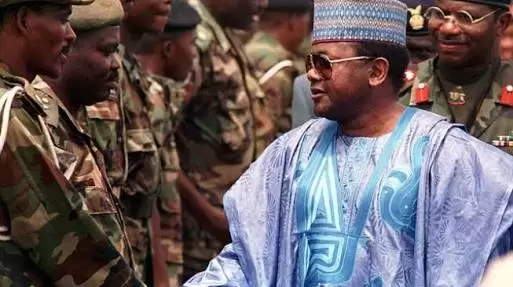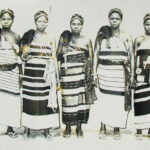Few Nigerians, and the many people involved in Commonwealth or international affairs and in human rights movements, remained indifferent to the impression made on them by General Sani Abacha, Nigeria’s seventh military head of state.
At one end of the spectrum of political perception he recalled the unspeakable African shame that was Idi Amin or the bogeyman that was Sese Soko Mobutu. At the other extreme, while lacking the patent honesty and “Good Old Jack” bonhomie of the earlier General Gowon or the breathtaking wizardry in selling the past of his immediate predecessor, General Ibrahim Babangida, Abacha represented the strong leader who alone might restore an unruly and divided Nigeria to a level of political stability and economic sustainability consistent with its expectations and potential on the continent.-15+ Minutes Video: Father Caught In Unspeakable Position With His Daughter In Lagos Hotel (Don’t Open In Public)
Thereafter promotion was as regular as Aldershot drill parades: to lieutenant in 1966, to captain one year and then to major two years later, with a pause of seven years in the rank of colonel until he was made brigadier in 1980.
Sani Abacha had just turned 40 when he was promoted general. Too junior to have seen much command service in the Biafran War (1967-70), he improved his military qualifications by attending the School of Infantry at Warminster in 1971, the Nigerian Staff College at Jaji in 1976, and in 1981 the prestigious Nigerian Institute of Political Studies (NIPS) at Kuru. Finally, he attended the US Senior International Defense Course at Monterey, California. ..Continue..Reading..





